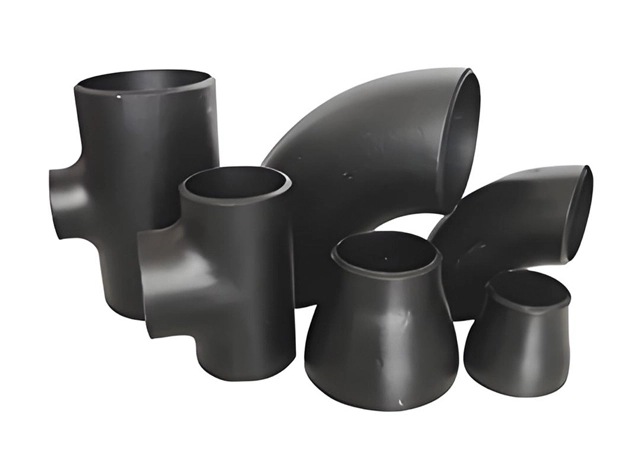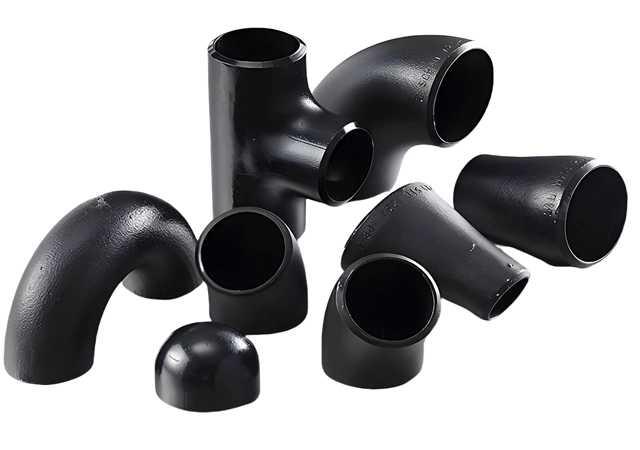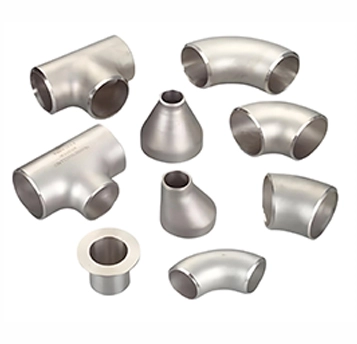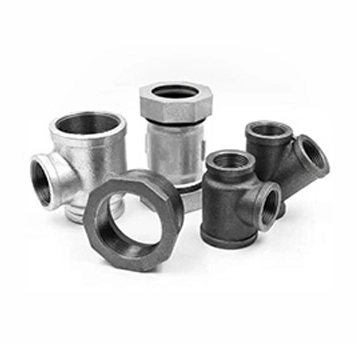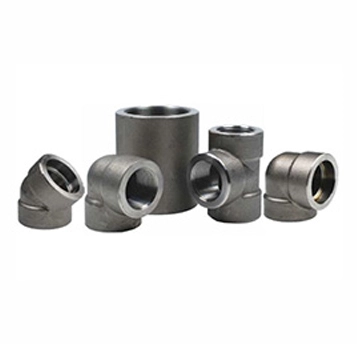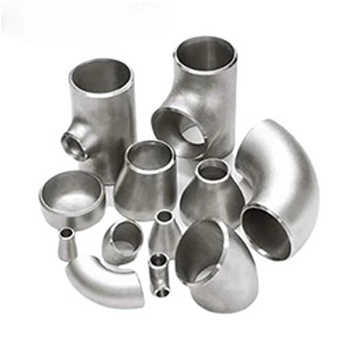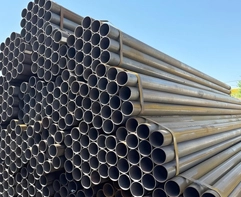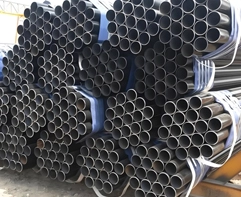Carbon steel pipe fittings are essential components used to connect, control, and manipulate the flow of fluids in piping systems. Made from carbon steel, these fittings are known for their strength, durability, and cost-effectiveness. Carbon steel is an alloy of iron and carbon, with small amounts of other elements like manganese, silicon, and sulfur. This composition provides high tensile strength and the ability to withstand significant mechanical stress, and each of these reliable products is a high-quality example of fitting carbon steel.
Carbon steel fittings are available in various types, including elbows, tees, reducers, and flanges, and are commonly used in industries such as oil and gas, power generation, and water treatment. They are suitable for applications involving moderate to high temperatures and pressures. While carbon steel is not as corrosion-resistant as stainless steel, it can be coated or treated to enhance its resistance to rust and corrosion.
Manufactured according to standards like ASTM A234, carbon steel fittings ensure compatibility and reliability in piping systems. Their versatility and affordability make them a popular choice for a wide range of industrial applications, and professional carbon steel pipe fittings manufacturers strictly adhere to these standards to produce consistent, high-performance products.
Carbon steel pipe fittings offer numerous benefits, making them a popular choice for various industrial and commercial applications. Here are the key advantages:
1. High Strength and Durability
Carbon steel has excellent tensile strength, making it suitable for high-pressure and heavy-duty applications.
2. Wide Availability
Carbon steel fittings are readily available in various types, sizes, and grades, making them easy to source for different projects.
3. Temperature Resistance
Carbon steel fittings can handle a wide range of temperatures, making them suitable for both high-temperature and low-temperature applications.
4. Compatibility
They are compatible with a wide range of fluids, including water, oil, gas, and steam, making them versatile for different industries.
5. Corrosion Resistance (with Treatment)
While carbon steel is not inherently corrosion-resistant, it can be coated or treated (e.g., galvanized, painted, or epoxy-coated) to enhance its resistance to rust and corrosion.
6. Long Service Life
With proper maintenance and treatment, carbon steel fittings have a long service life, reducing the need for frequent replacements.
7. Standards Compliance
Carbon steel fittings are manufactured to meet international standards (e.g., ASME, ASTM), ensuring quality and reliability.
8. Versatility
They are used in a wide range of industries, including oil and gas, water treatment, construction, power generation, and manufacturing.

 EN
EN
